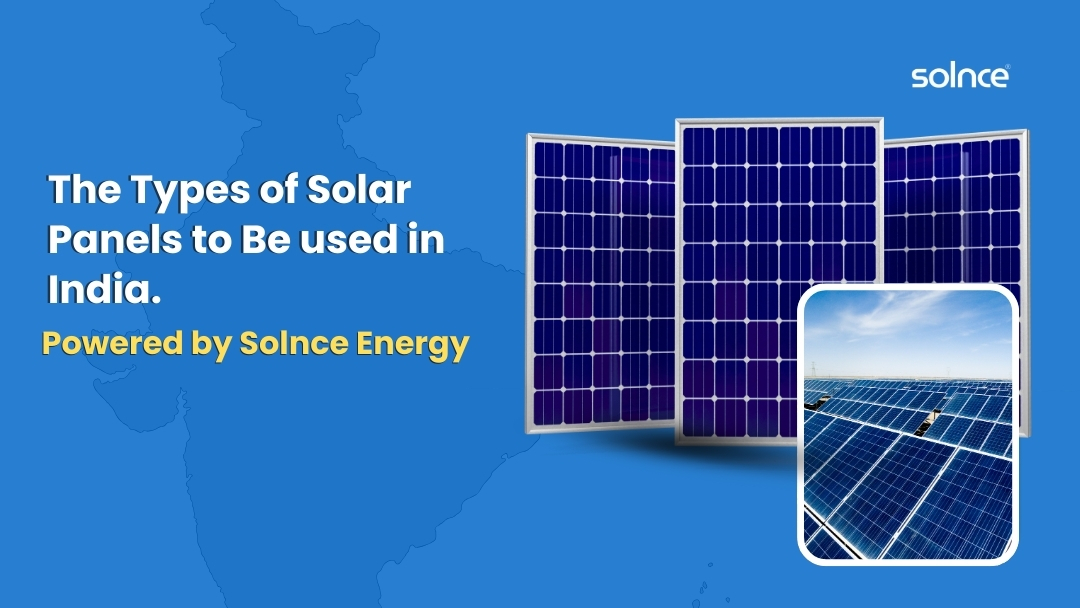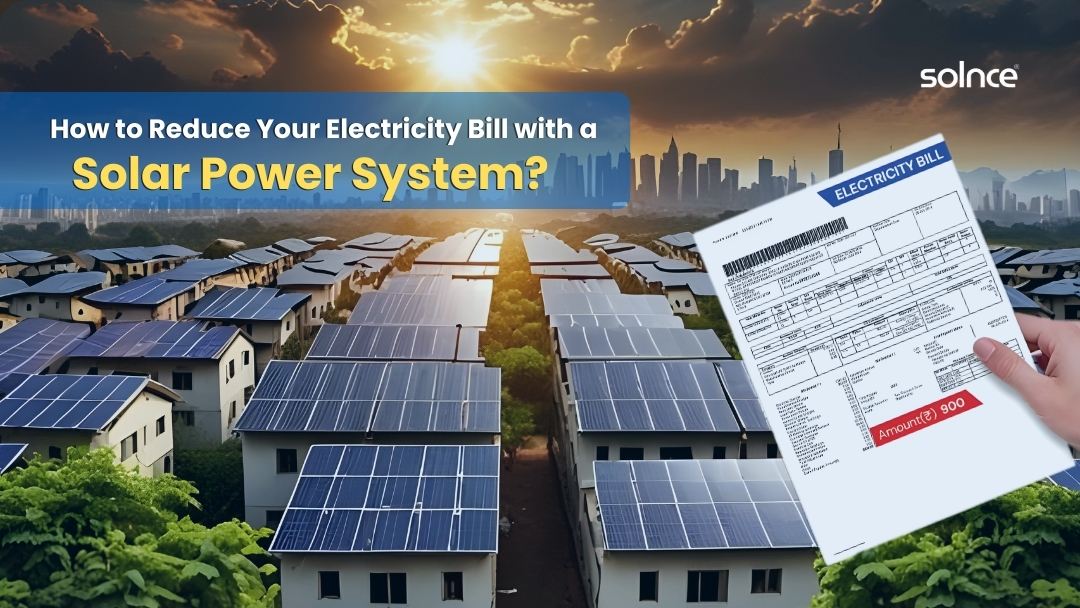
The energy sector is undergoing a profound transformation, with renewable sources rapidly gaining prominence. Among these, solar energy has emerged as a compelling alternative to traditional thermal power.
Resource Availability and Sustainability
Solar Energy:
Harnessing energy directly from the sun, it's an inexhaustible resource. This ensures a constant and reliable supply, unaffected by geographical limitations or geopolitical tensions. Its abundance makes it a cornerstone of sustainable energy strategies.
Thermal Power:
Primarily reliant on fossil fuels like coal, oil, and natural gas, thermal power is constrained by finite reserves. Extraction processes are often environmentally destructive, contributing to habitat loss, water pollution, and greenhouse gas emissions. The dwindling supply and escalating extraction costs render thermal power increasingly vulnerable to price fluctuations and supply disruptions.
Environmental Impact
Solar Energy:
A clean and emission-free technology, solar energy produces no greenhouse gases, particulate matter, or other pollutants during operation. It contributes significantly to mitigating climate change, improving air quality, and preserving ecosystems.
Thermal Power:
Fossil fuel combustion for thermal power generation is a major contributor to greenhouse gas emissions, acid rain, and air pollution. These pollutants have detrimental effects on human health, ecosystems, and the global climate. Additionally, the disposal of waste products from thermal power plants poses environmental challenges.
Economic Viability
Solar Energy:
While the initial investment in solar panels and installation can be substantial, long-term economic benefits are substantial. Technological advancements have led to significant cost reductions, making solar power increasingly affordable. Moreover, government incentives and feed-in tariffs can further offset upfront costs. The decentralized nature of solar energy systems promotes energy independence and resilience to grid failures.
Thermal Power:
Establishing and operating thermal power plants requires substantial capital investment in infrastructure, equipment, and fuel procurement. Ongoing operational costs, including fuel purchases and emissions compliance, can be significant. The centralized nature of thermal power generation makes it susceptible to grid vulnerabilities and supply chain disruptions.
Technological Advancement
Solar Energy:
Rapid advancements in solar technology have propelled it from a niche market to a mainstream energy source. High-efficiency solar cells, energy storage solutions, and smart grid integration have enhanced solar power's reliability and competitiveness. Continued research and development promise further improvements in efficiency and cost-effectiveness.
Thermal Power:
While there have been advancements in thermal power plant efficiency, the fundamental technology remains relatively mature. The potential for significant efficiency gains is limited, and the industry faces increasing challenges in meeting stringent environmental regulations.
Grid Integration and Energy Storage
Solar Energy:
The intermittent nature of solar power generation has prompted the development of advanced grid integration technologies. Energy storage systems, such as batteries and pumped hydro storage, help to balance supply and demand, ensuring grid stability. Virtual power plants and demand response programs are also contributing to the integration of solar energy into the grid.
Thermal Power:
Thermal power plants are typically designed for baseload power generation, providing a consistent power supply. However, integrating variable renewable energy sources like solar and wind into the grid requires flexibility and adaptability from thermal power plants.
What are the primary environmental side effects of thermal energy generation?
Thermal energy generation, primarily from fossil fuels, has significant environmental impacts. These include:
Air pollution:
The burning of fossil fuels releases harmful gases like sulfur dioxide, nitrogen oxides, and particulate matter, contributing to smog, acid rain, and respiratory problems.
Greenhouse gas emissions:
The combustion of fossil fuels is a major source of carbon dioxide, methane, and other greenhouse gases, driving climate change.
Water pollution:
Thermal power plants often require large amounts of water for cooling, which can lead to thermal pollution in nearby water bodies. Additionally, the disposal of waste products can contaminate water sources.
Land degradation:
Mining for fossil fuels can lead to soil erosion, habitat destruction, and water pollution.
Waste disposal:
The disposal of ash and other waste products from thermal power plants can pose environmental challenges.
Interesting Fact:
Beyond the environmental and economic benefits, solar energy also offers a path towards energy independence. By harnessing the sun's power, countries can reduce their reliance on foreign oil, strengthening their energy security and geopolitical standing. This decentralized approach to energy generation empowers individuals and communities to become prosumers, generating their own electricity and potentially selling surplus power back to the grid.
Conclusion:
In conclusion, the comparison between solar and thermal power is a stark contrast between a sustainable, abundant, and clean energy source versus a finite, polluting, and economically challenging one. The evidence overwhelmingly supports the transition towards solar energy as a cornerstone of a clean and resilient energy future. While challenges remain, the rapid pace of technological advancements and the increasing economic viability of solar power are driving its widespread adoption.
Thank you for joining us for another edition of our blogs. We hope you found the information helpful and relevant. If you have any questions or would like to learn more about us, please reach out to us at support@solnceenergy.com
FAQs
Q1. Why is solar energy the best energy?
Ans: Solar energy is often hailed as the best energy source due to its numerous advantages: it's clean and renewable, abundant, cost-effective, versatile, and reduces reliance on fossil fuels.
Q2. Why is solar energy the better option than thermal energy?
Ans: Solar energy surpasses thermal energy in several key areas: it has a smaller environmental impact, relies on an abundant resource, is often more cost-effective, and benefits from rapid technological advancements.
Q3. Is solar technology improving?
Ans: Yes, solar technology is rapidly advancing. New innovations are increasing the efficiency of solar panels, developing better energy storage solutions, and expanding the applications of solar power. These advancements make solar energy more competitive and reliable.
Q4. Is thermal energy renewable?
Ans: No, traditional thermal energy sources like coal, oil, and natural gas are not renewable. While some forms of thermal energy, like geothermal, harness renewable heat from the Earth, the majority of thermal power generation relies on non-renewable resources.
Q5. Do solar panels work at night?
Ans: Standard solar panels do not generate electricity directly at night. However, advancements in energy storage technology allow solar energy to be stored during the day and used when the sun is down.
Q6: Which is more affordable, solar or thermal energy?
Ans: Long-term cost-effectiveness is better for solar energy. There are no recurring fuel costs, as the sun’s energy is free. In contrast, thermal power, especially relying on fossil fuels, has substantial operational costs due to fuel consumption.





